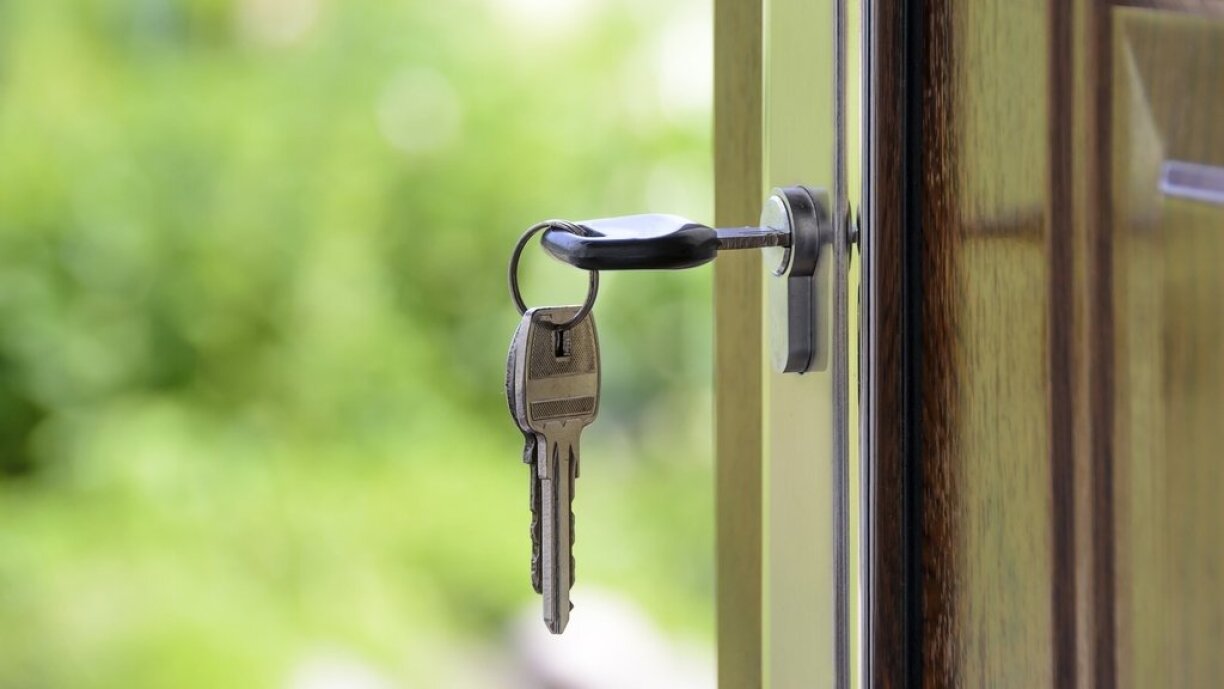
For the last few years, the couple have lived in an apartment in Esch-sur-Alzette, but this was always designed to be a temporary home while they dreamed of moving to a house with a garden. Two years ago, they tried to make their dream a reality.
The pair took the decision to build their own home in a quiet municipality - an investment which, at the time, felt financially achievable. However, the would-be homeowners did not expect the situation to take such a drastic turn. As inflation soared, the European Central Bank hiked up its key interest rates, causing mortgage rates to rise in Luxembourg. Although owners with fixed rate loans have managed to escape this measure so far, those with variable rates have struggled.
Combined with the housing crisis, inflation, and fewer people getting mortgages, real estate purchases have significantly dropped off in recent months, while demand for rental properties has soared.
The two teachers have been unable to sell their flat in Esch for the expected asking price, as buyers are few and far between. Not only must they fund the mortgage for the flat, as well as paying for their new-build, the couple has been hit by high interest rates on their loans. When they first bought the flat, the monthly payment was around €1,200. The bank advised the couple to take out a mortgage with a variable rate as they did not plan to live there long, and would therefore not be hit by penalties if they paid the rest back all at once. Now, however, the monthly costs have doubled to around €2,300 thanks to rising interest rates.
As for the house, monthly costs should in principle stay under €4,000. Two-thirds of the mortgage has a fixed rate, while the remainder is on a variable interest rate. The couple began paying back this mortgage in June, and currently have to pay €5,500 per month due to the variable rate.
Once the two loans have been combined, the couple must pay around €8,000 in mortgage costs each month. At present, they have taken out a six-month mortgage holiday for the flat, as they cannot support the hefty monthly expenses. If they cannot sell the flat within the next six months, the couple say they do not know what else they can do.
Max Staus and his partner have also requested a bridging loan, which, if used, would represent an additional expense of around a thousand euros per month, leading to further despair over their situation.
When a buyer intends to purchase a new property without having already sold their existing home, they may not possess the required financial means to pay for the new property. A bridging loan is a short-term loan in which the bank provides interim financing, which is later recovered through the sale of the old property.
The bridging loan, or crédit-relais, allows buyers to quickly react to offers on the market, and generally has a duration of one to two years. It is calculated on the estimated sale value of the previous property.
Video report in Luxembourgish: